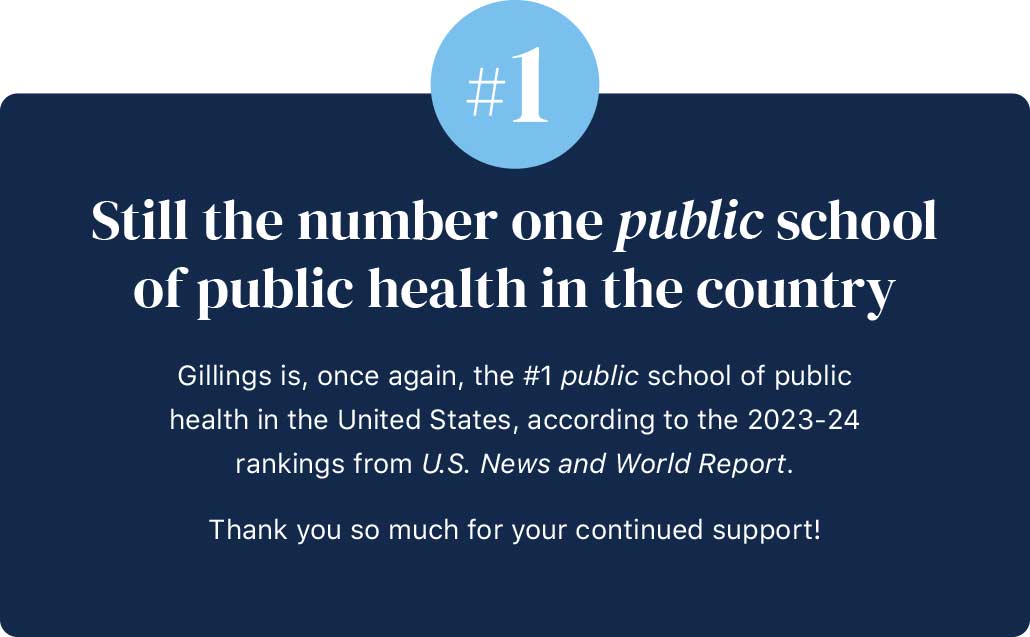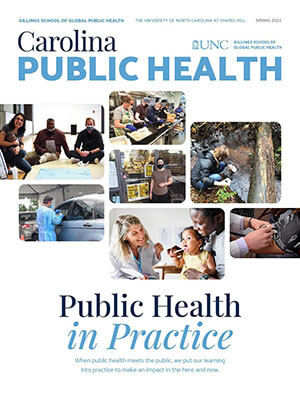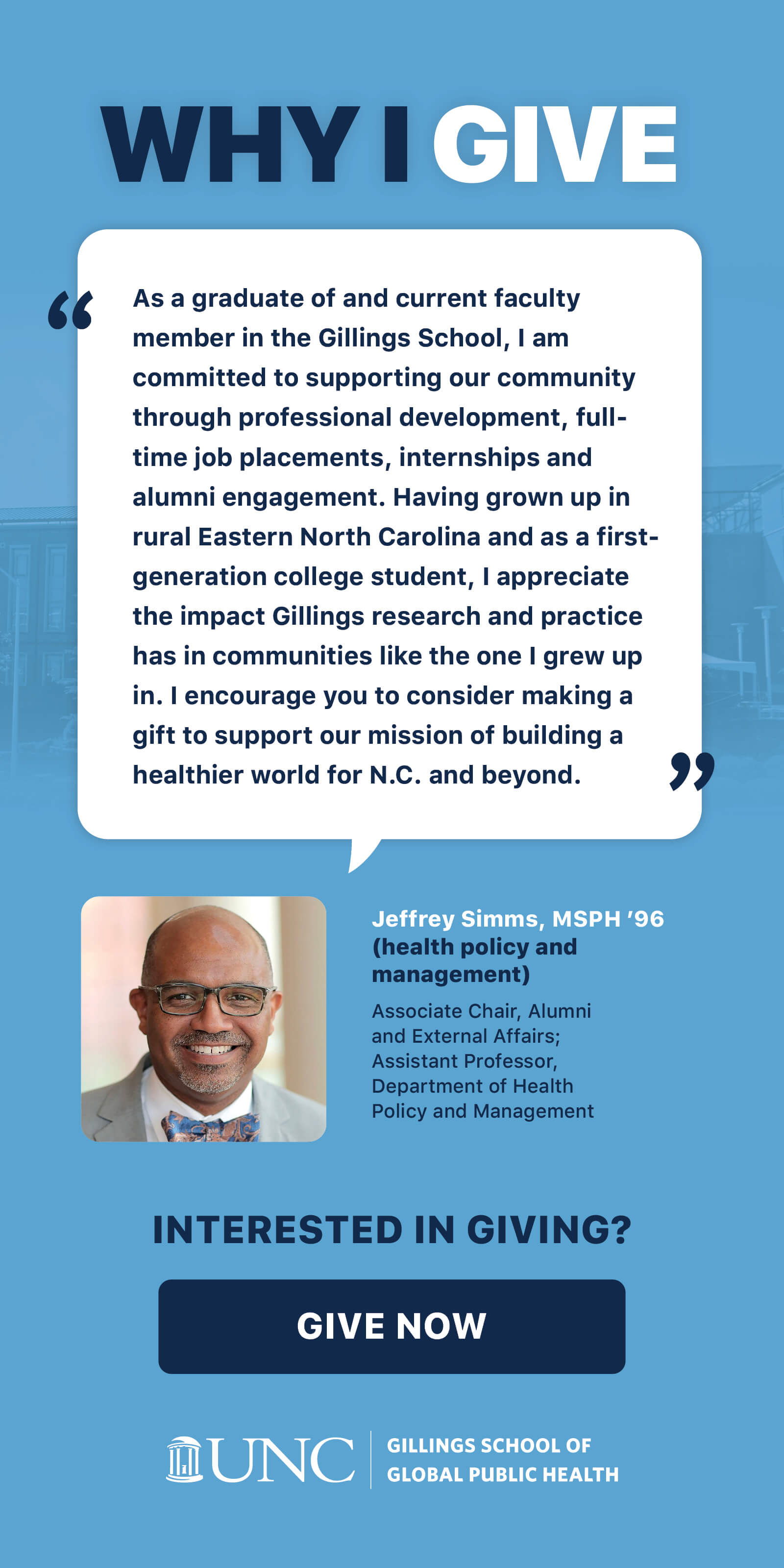Public Health in Practice: Health systems in China
Dr. Sean Sylvia works with health organizations in Asia to implement behavioral changes and policies that lead to better quality care.
Gillings experts and students are engaging in practice that makes a difference locally, nationally and globally.
As a health economist, Sean Sylvia, PhD, studies and implements behavioral changes that improve health services in middle-income countries. His work is mainly in China, but he also has projects in Ghana and India. He seeks to advise these countries’ health systems how to deliver health care services more effectively.
Sean Sylvia, PhD, Assistant Professor, Department of Health Policy and Management
In China, Sylvia’s projects cover a range of issues, from maternal and child health to early childhood education to adult primary care. One project has retrained workers from China’s Family Planning Commission — the former keepers of China’s one-child policy — to deliver content about young children’s social-emotional and cognitive skills during home visits. Another project is aimed at early childhood development within child care centers.
"There are so many things that we can learn from each other. There’s a long history of cooperation between the U.S. and China in medicine and health, especially here at UNC."
— Sean Sylvia, PhD
“In all of these, we’re looking at impacts,” he says. “We design randomized trials and look at how it affects kids’ cognitive outcomes, their social-emotional outcomes, how parents engage with their kids differently, how it changes what we as economists call ‘parental investment’.”
In rural China, he and colleagues have trained “standardized patients” (similar to “mystery shoppers”) to develop a direct-to-consumer telehealth system for primary care. Before COVID-19, they examined 44 different platforms to see which platform characteristics correlated to better care outcomes. He has also worked on training programs for better patient communication in sexual health clinics.
It’s exciting to work in China, Sylvia says, because there is a sense there of having a more direct impact on policy. “They’re at a point where they’re just rich enough to start investing in their health system and are going through all these massive health reforms,” he says. “We’ve been able to provide some good evidence to guide policy makers.”
Sylvia says he is concerned about the current research decoupling between the U.S. and China. “It’s a huge detriment to public health research in general. There are so many things that we can learn from each other. There’s a long history of cooperation between the U.S. and China in medicine and health, especially here at UNC.”





